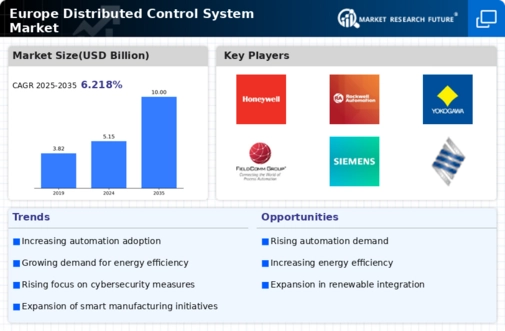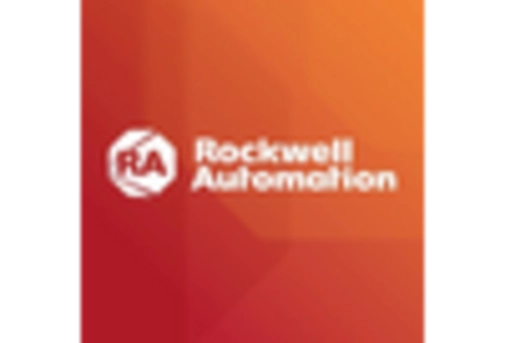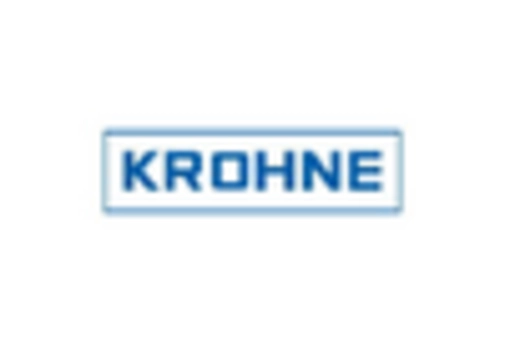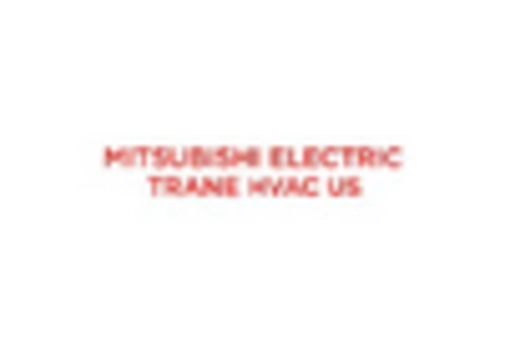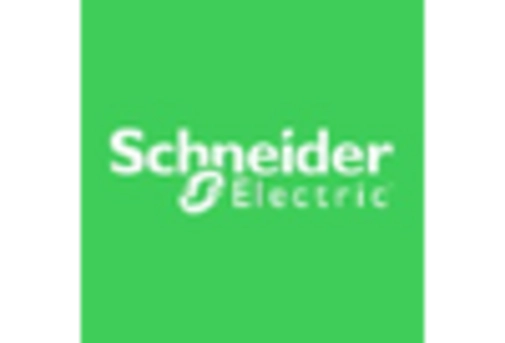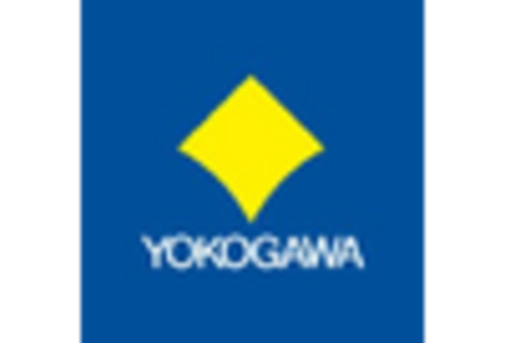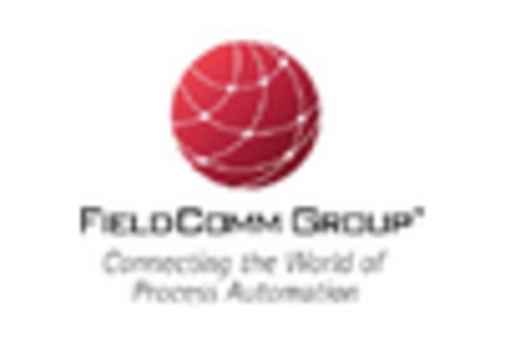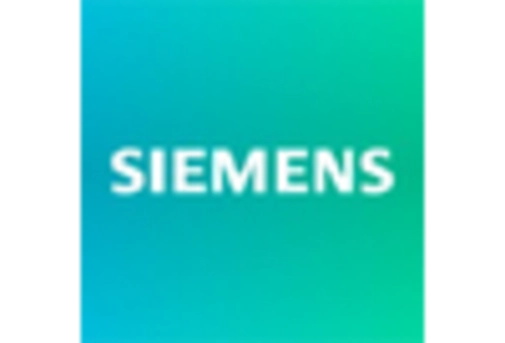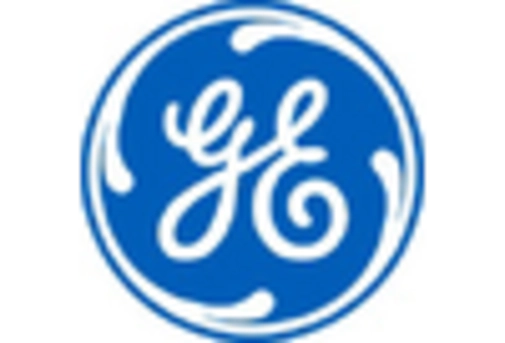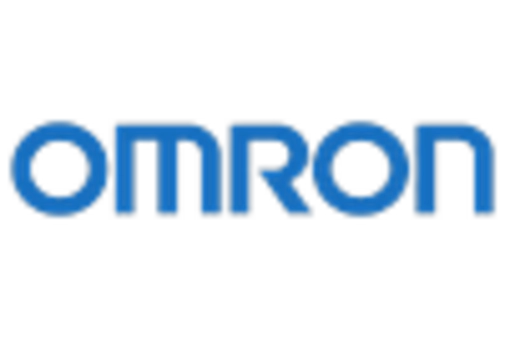Europe Distributed Control System Market Summary
The Europe Distributed Control System Market is projected to grow from 5.15 USD Billion in 2024 to 10 USD Billion by 2035.
Key Market Trends & Highlights
Europe Distributed Control System Market Key Trends and Highlights
- The market is expected to experience a compound annual growth rate (CAGR) of 6.22 percent from 2025 to 2035.
- By 2035, the market valuation is anticipated to reach 10 USD Billion, indicating robust growth potential.
- In 2024, the market is valued at 5.15 USD Billion, reflecting a solid foundation for future expansion.
- Growing adoption of automation technologies due to increasing demand for operational efficiency is a major market driver.
Market Size & Forecast
| 2024 Market Size | 5.15 (USD Billion) |
| 2035 Market Size | 10 (USD Billion) |
| CAGR (2025-2035) | 6.22% |
Major Players
Honeywell, Rockwell Automation, Yokogawa Electric, FieldComm Group, Siemens, Emerson, General Electric, Phoenix Contact, Omron, Endress+Hauser, Honeywell Process Solutions, Krohne, Mitsubishi Electric, Schneider Electric, ABB


